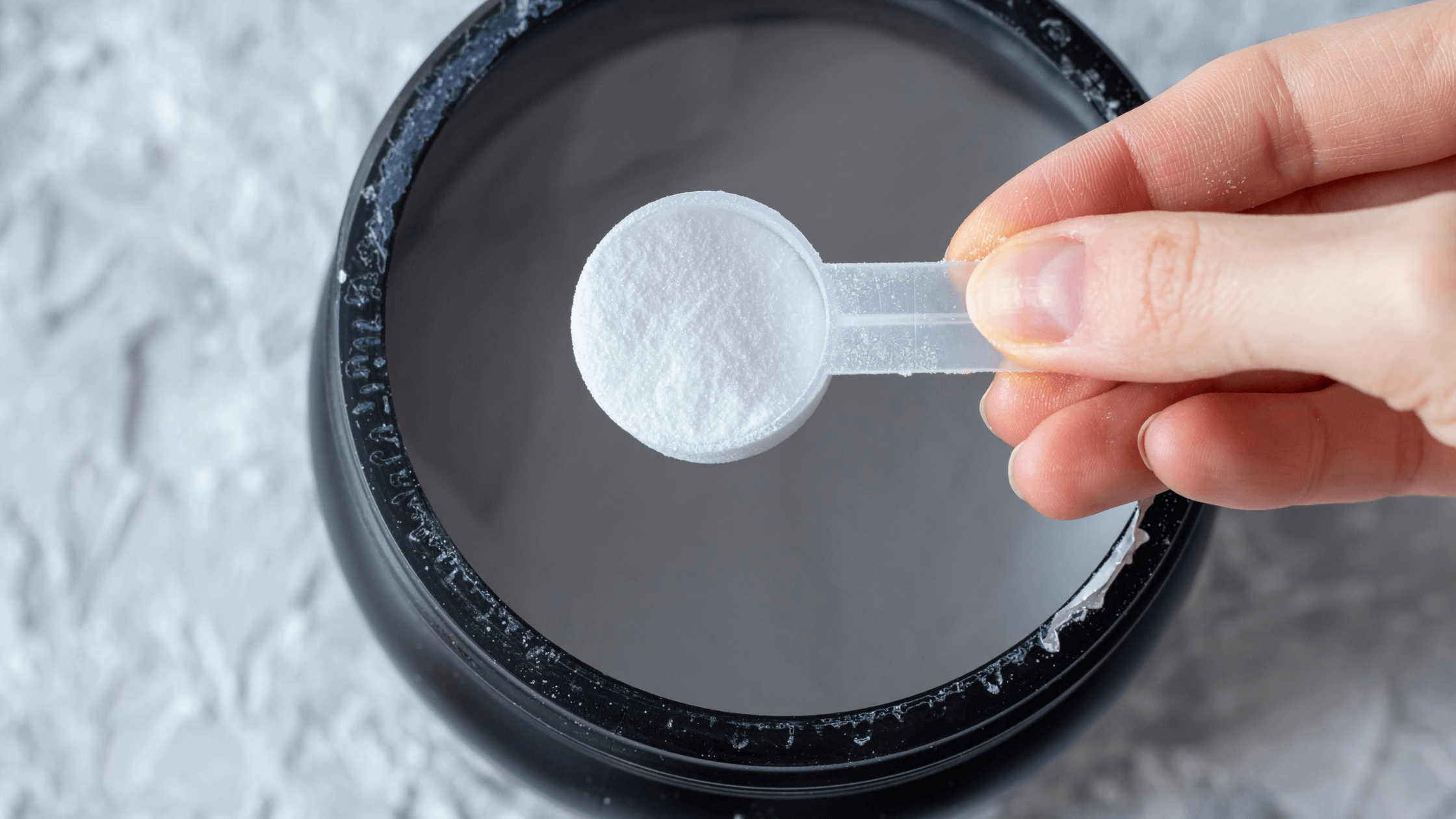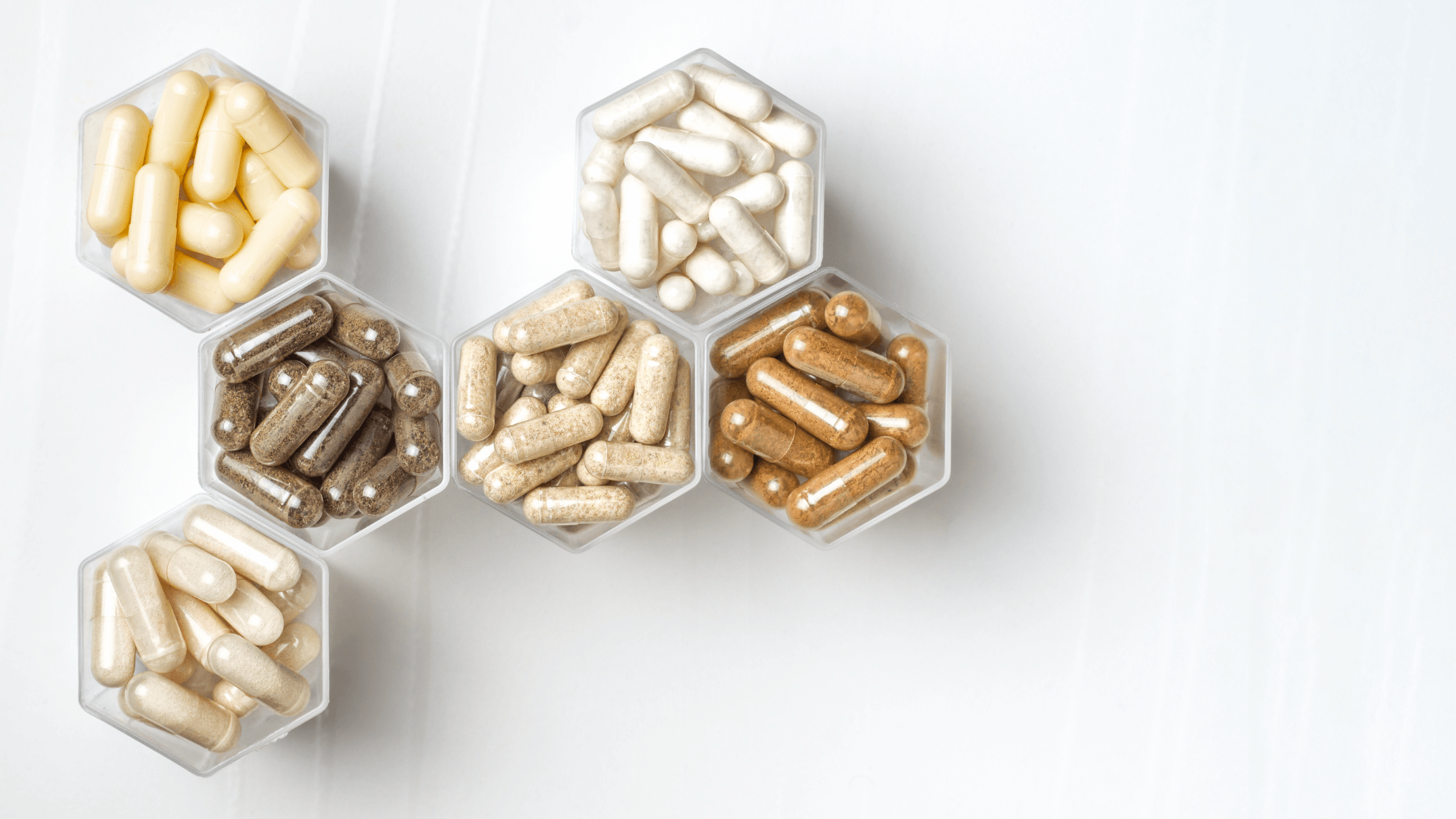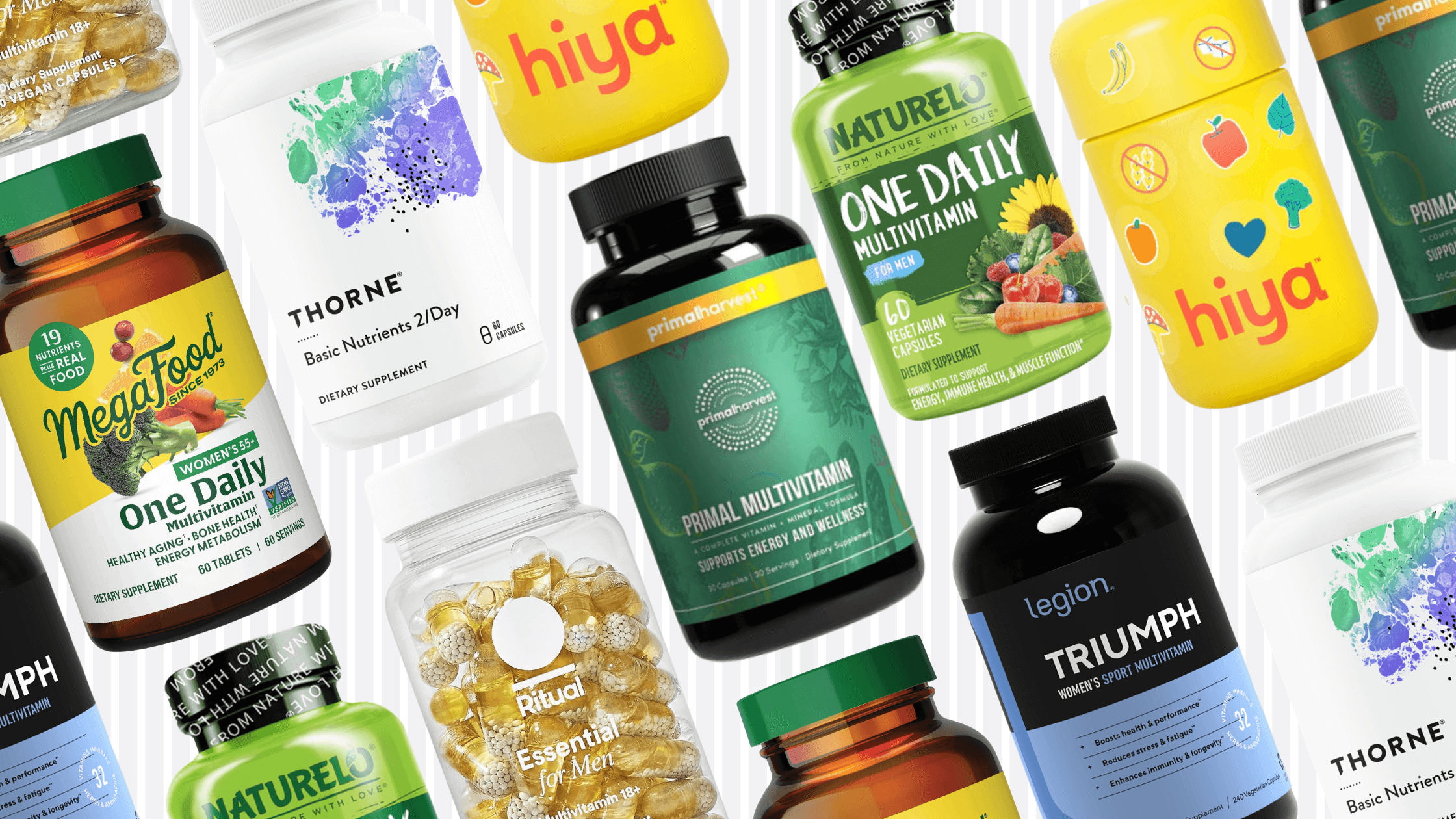
How ashwagandha helps manage stress and improve performance in construction professionals
April 2, 2025
Ashwagandha helps reduce stress and improve sleep naturally making, it a powerful solution for staying focused and energized.

A quick guide to creatine supplementation for construction workers
March 22, 2025
Creatine is proven to boost muscle strength by up to 20 percent and improve cognitive health, increasing brain energy levels by 5 to 15 percent.

Top 10 supplements to boost energy levels for building professionals
February 8, 2025
Supplements like creatine, vitamin B12, iron, ginseng, and magnesium can help target the causes of fatigue and increase energy levels.




